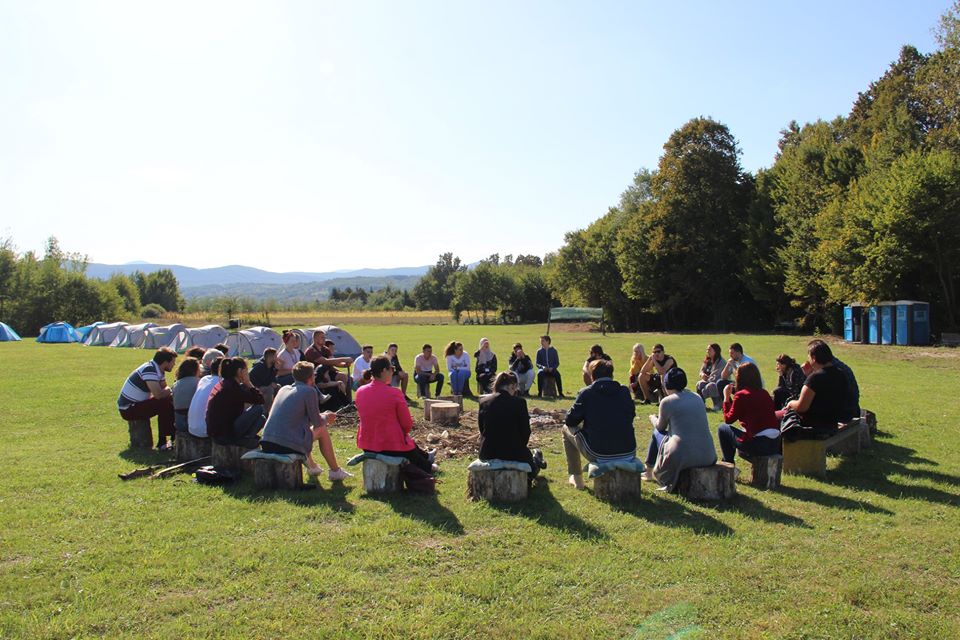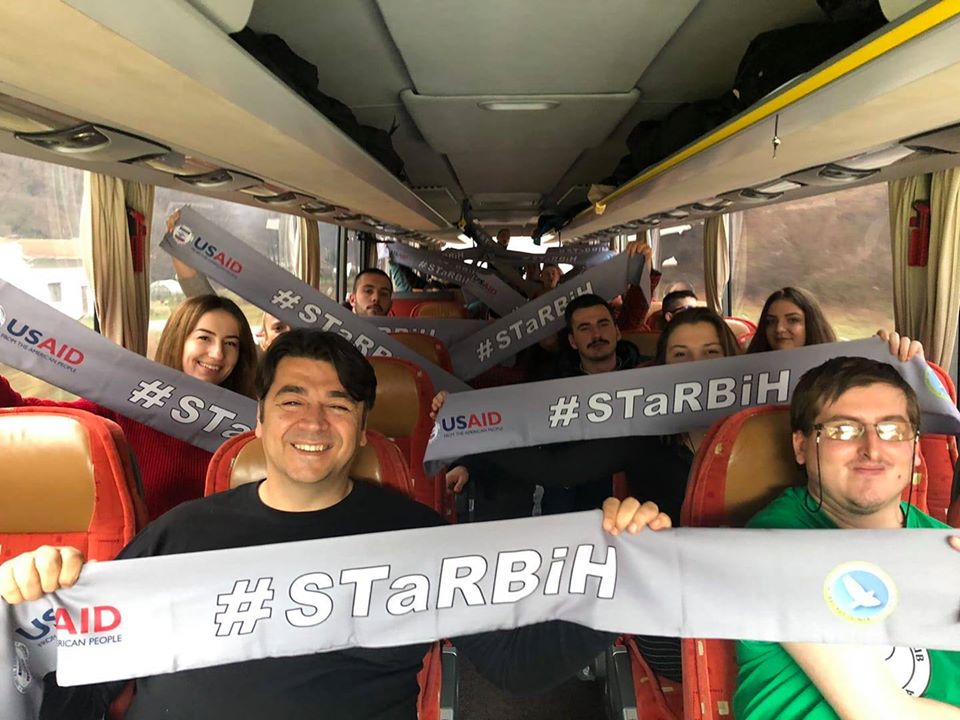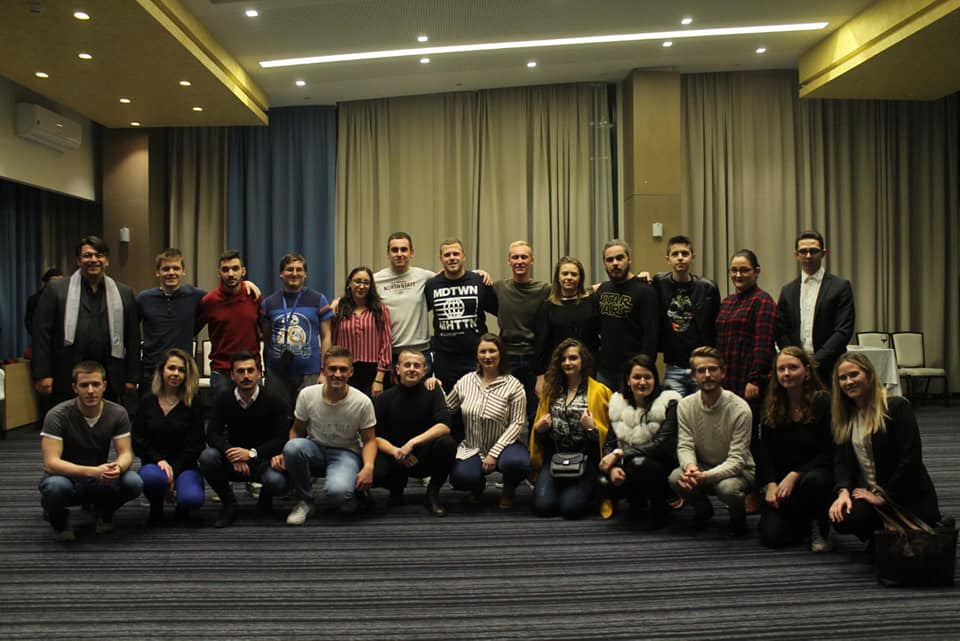STaR Project
The Societal Transformation and Reconciliation (STaR) Project
The Societal Transformation and Reconciliation (STaR) project is co-implemented by Karuna Center for Peacebuilding (“Karuna Center”) and Bosnian organizations Center for Peacebuilding (“CIM”), Mali Koraci, Proni Center for youth development (“PRONI”), and Youth initiative for human rights in Bosnia and Herzegovina (“YIHR”). The project is taking place in Stolac, Bijeljina, Velika Kladuša, Olovo, Sokolac, Jajce, Banja Luka, Doboj, Mostar and Sarajevo. The projects core constituents are youth; the project will also conduct activities with the broader community.
We wish to create a safe space in which people can understand each other and one another’s perspectives, build relationships with people of different backgrounds, and begin dealing with and healing from the past. It is our aim to advocate for a better life and provide a platform where people from different backgrounds can meet one another with open hearts, treating each other with dignity and respect.
In preparation for the activities requiring facilitation, 20 intermediate-level facilitators from the project organizations will meet highly respected technical expert Dr. Paula Green and CIM Co-founder Vahidin Omanovic for a three-day facilitation skills workshop. Content will particularly emphasize creating conditions for dialogue participants to be reflective and candid.
CIM will lead three peace camps, each for a group of 24 youth that is gender balanced and drawn from multiple ethnicities and religions and all 10 of the sites. Each cadre will participate in a transformative seven-day peace camp, where facilitators lead them through deep discussion of identity and the lasting effects of historical violence. They learn and practice peace principles and methods, and commit to carrying out multiple peace projects in their home communities with CIM guidance.
After each Peace Camp, CIM will guide participating youth in Peace Caravans, three in total. Youth travel around RS and FBiH and are guided to interview strangers to learn their perspectives and about local cultures and history. They interact with veterans, war victims, and leaders of diverse religions. At the same time, the youth organize panel discussions and other programs to motivate people in the host cities to contribute to intergroup acceptance.






